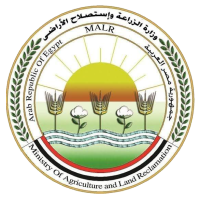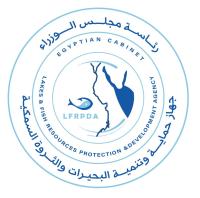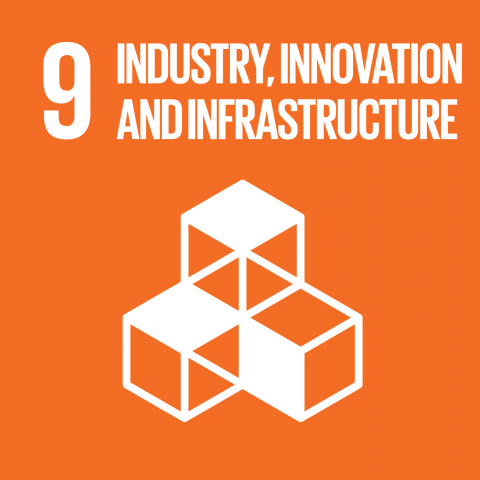Introduction

The aquaculture sector has demonstrated significant potential for addressing some of Africa’s most critical development challenges – from youth unemployment and gender inequality to food and nutrition insecurity and climate shocks and stresses. Renewable energy presents a viable and promising path for more sustainable development of the sector. In response to these needs, challenges, and opportunities of the aquaculture value chain in Egypt, WorldFish is partnering with the Royal Norwegian Embassy in Cairo through the Centre for Renewable Energy in Aquaculture (CeREA), a 4-year project to refine, test, and scale innovative renewable energy solutions that enable 5,000 fish producers, processors, and other fish value chain actors to increase their productivity and incomes.
WorldFish aims to create 6 million jobs across African aquatic food systems by 2030, while delivering other major goals, including climate adaptation and mitigation, gender equality, youth and social inclusion, and food and nutrition security.
CeREA is highly responsive and well-aligned to Norwegian Agency for Development Cooperation’s priorities, as articulated in Norway’s Fish for Development policy (2019) and the Norwegian Government’s Action Plan on Sustainable Food Systems in the context of Norwegian Foreign and Development Policy 2019–2023.
Project goals
The primary goal of the proposed project is to refine, test, and scale innovative renewable energy solutions that enable 5,000 fish producers, processors, and other fish value chain actors in Egypt to increase their productivity and incomes, leading to improved food and nutrition security, reduced food waste and loss, and more energy-efficient and climate-smart food value chains. The intervention logic posits that by deploying appropriate renewable energy technologies for aquaculture, alongside an effective capacity building and planning for scaling the Egyptian aquaculture sector growth in a sustainable, climate-friendly and inclusive manner to support both the economic growth and protein needs of the country’s rapidly expanding population.
Key Milestones
The program is highly responsive and well-aligned to Norwegian development cooperation priorities, as articulated in Norway’s fish for development policy (2019) and the Norwegian Government’s action plan on sustainable food systems in the context of Norwegian foreign and development policy (2019-2023).
1: Enhanced capacity of local stakeholders to integrate new knowledge on the most promising renewable energy solutions within Egyptian aquaculture.
2: 5,000 fish value chain actors have access to, test, and use renewable energy innovations within Egyptian aquaculture, across production, processing, and other parts of the value chain.
3: Successful innovations from the pilot are scaled beyond 5,000 project beneficiaries, in collaboration with stakeholders such as technical assistance providers and financial service providers, to enable sustainable growth of the Egyptian aquaculture industry.








